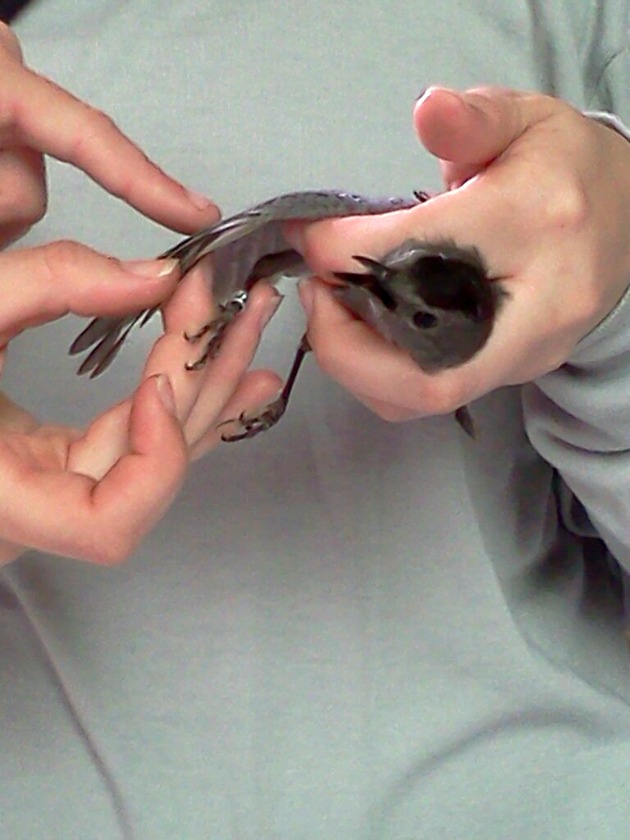In the Community: Experiential Learning

Monique of Green Acorns is with us today with to share the power that comes with introducing children to role models within our communities.
I educate my three children at home. It is one of the most challenging roles I have taken on and also one of the most rewarding. As my children get older and their interests broaden, I have had to accept that I cannot teach them all that they desire to know. I can, however, continue to support their interests by providing them with the right tools. One of our goals for this year has been to get out in our community more and take advantage of the wonderful resources it’s members have to offer.

As I walked down the “artist wing” of a local business complex one day, I noticed one particular studio with its doors wide open. In speaking with my friend in that building I found out that this particular artist loves for people to pop their head in and see what he’s working on (and his dog LOVES making new friends). Aha! I had found an artist who was willing to talk to my children about painting techniques, give a demonstration, and answer their questions! That small moment set me on a course of connecting with other community members who may be willing to give their time and talents to nurture my children’s interests and enhance their learning. So far I have connected with someone to teach basket weaving, a pilot to demonstrate the physics of flight, an architect to discuss design principles, a neighbor to teach knitting, and some bird and wildlife biologists.

Some of these connections may be a one time meeting and some will be on-going but all will positively influence my children and will foster a deeper level of learning. Children learn best when what they are learning is relevant to their interests and they are thoroughly engaged. This type of experiential learning can also improve confidence and communication skills, develop a sense of citizenship, and allows children to see how skills apply in the broader world.
If this is something you would like to try for your child, whether you home-school or not, but you’re not sure where to begin or it seems overwhelming, try starting by reaching out to family and friends. Think about your child’s interests and consider who you know with skills that match those interests. Is your child fascinated with wood scraps and likes to fit things together? Perhaps a grandparent has some building or woodworking skills. Does your child love birds? Perhaps there’s serious bird-watcher in your neighborhood. Never be afraid to ask. Start with one area of interest and be clear on what you hope, and your child hopes, to take away from the experience. Let yourself be open to where the experience may lead and continue to provide your child with the right tools that will continue to foster his or her love of learning.
Now if I can find a local stunt-person for my son…
